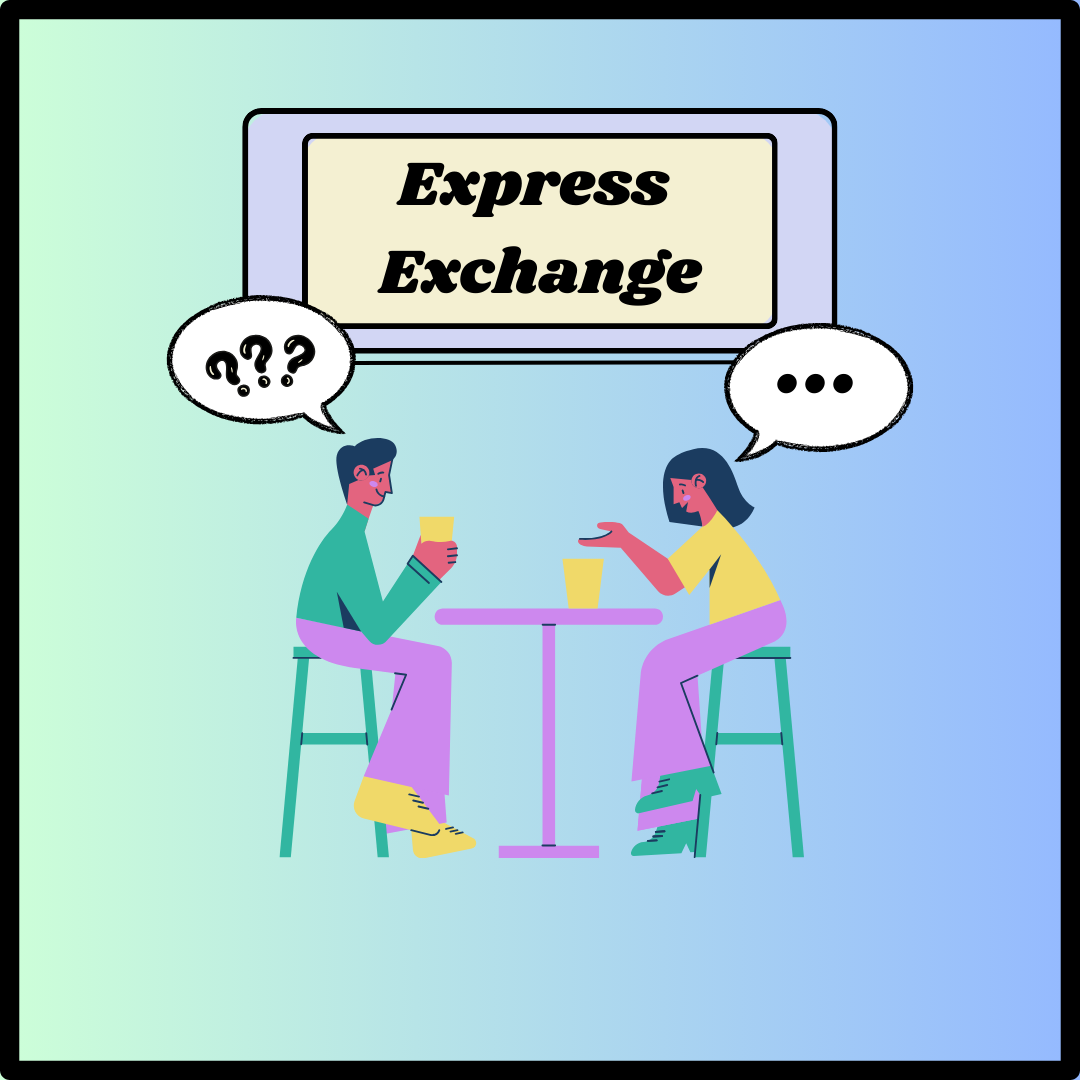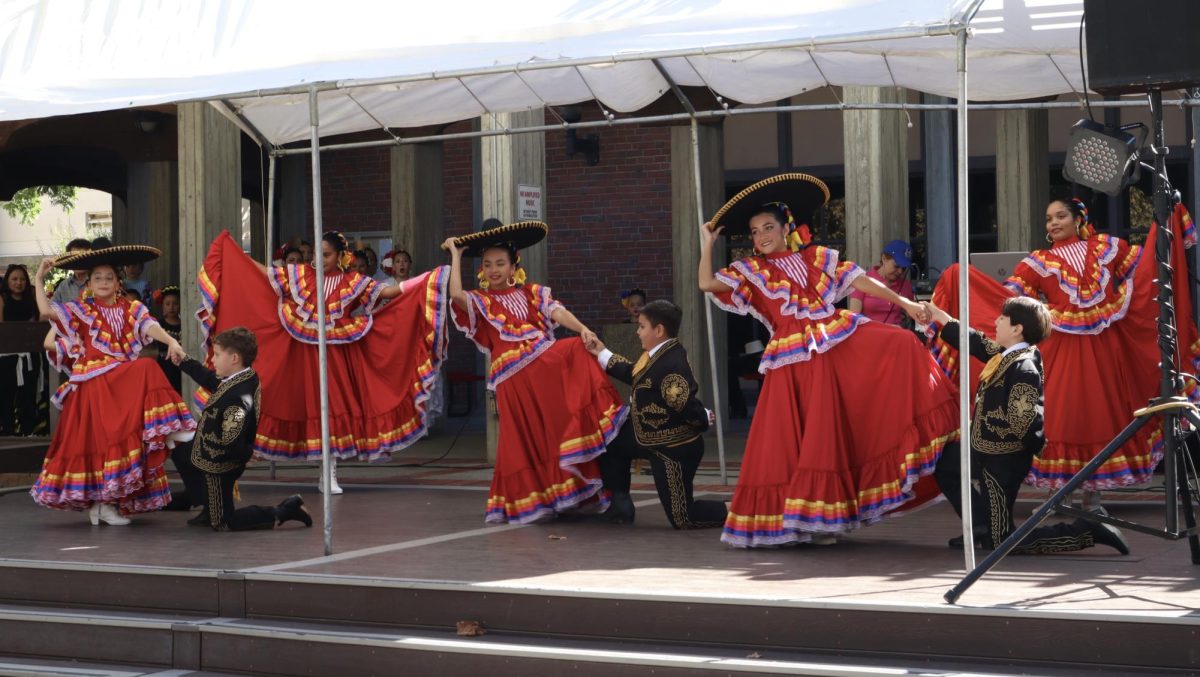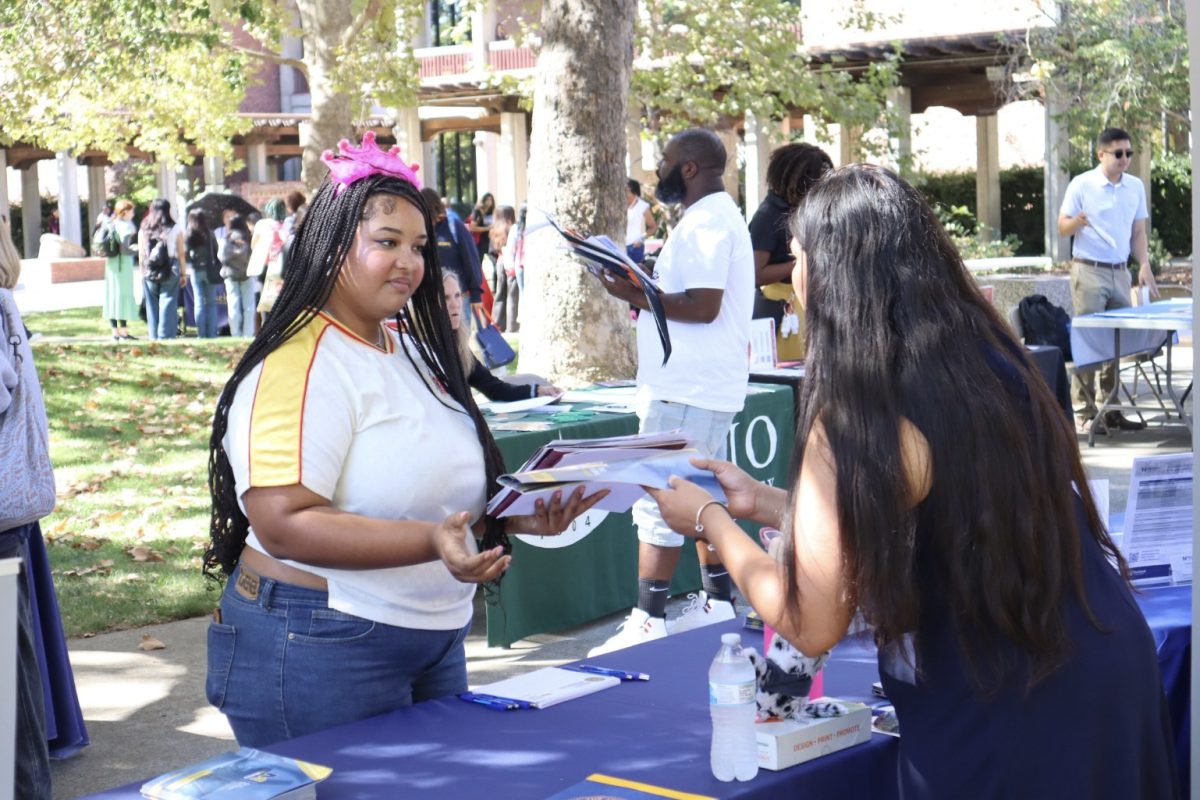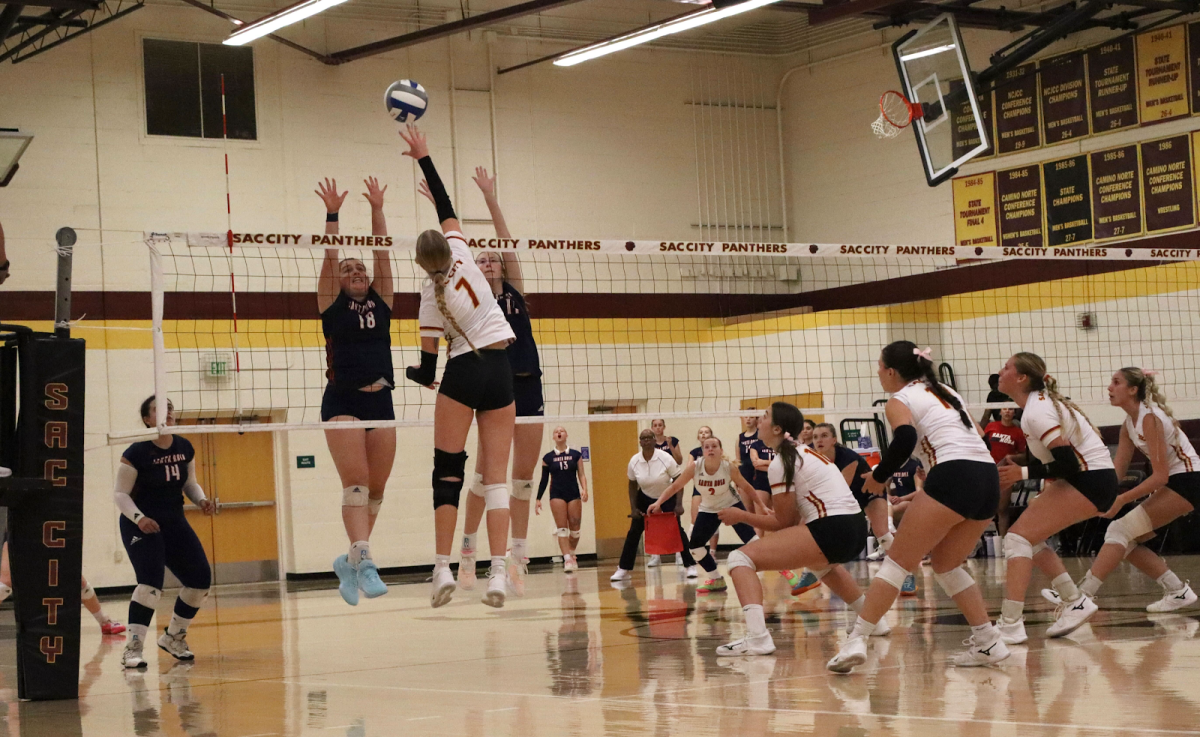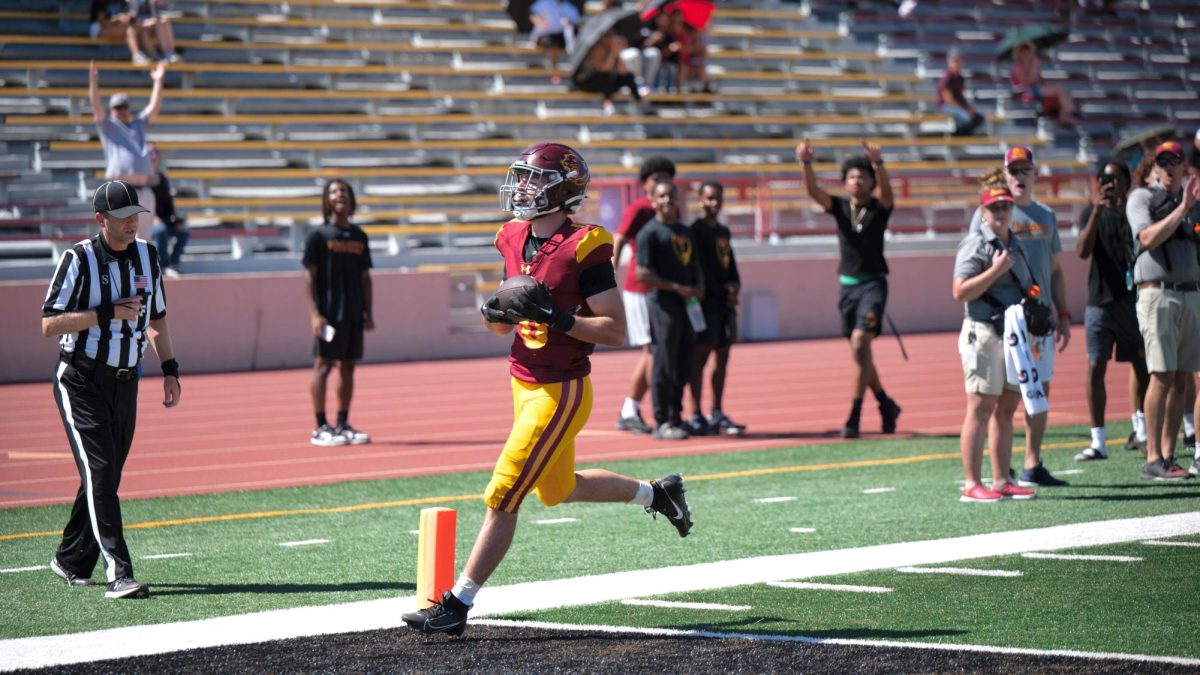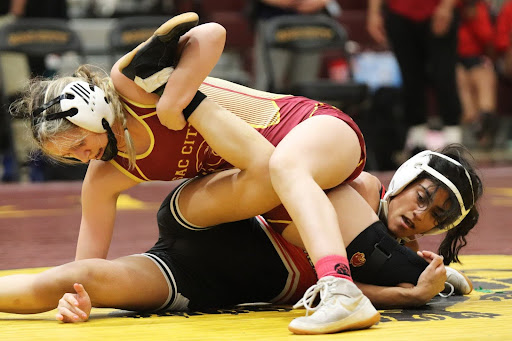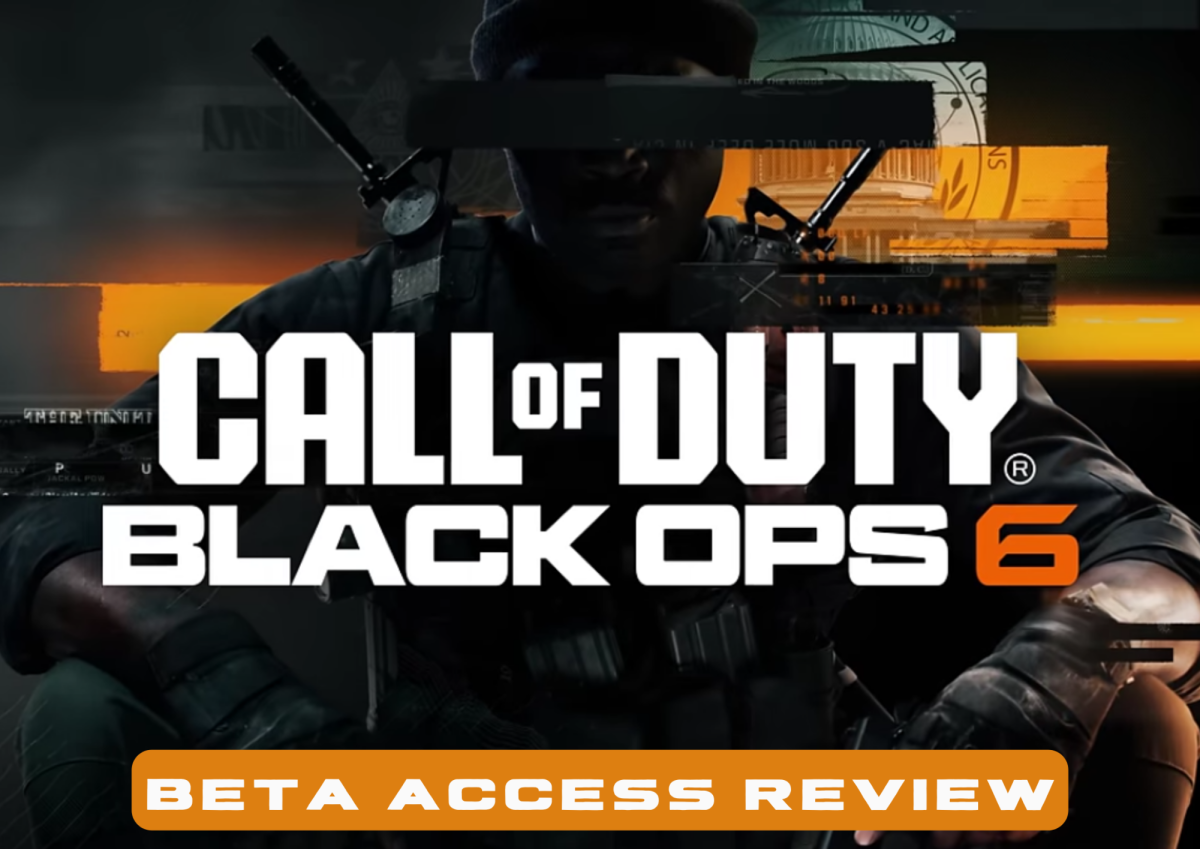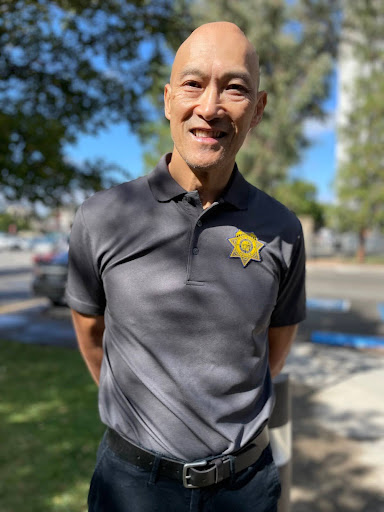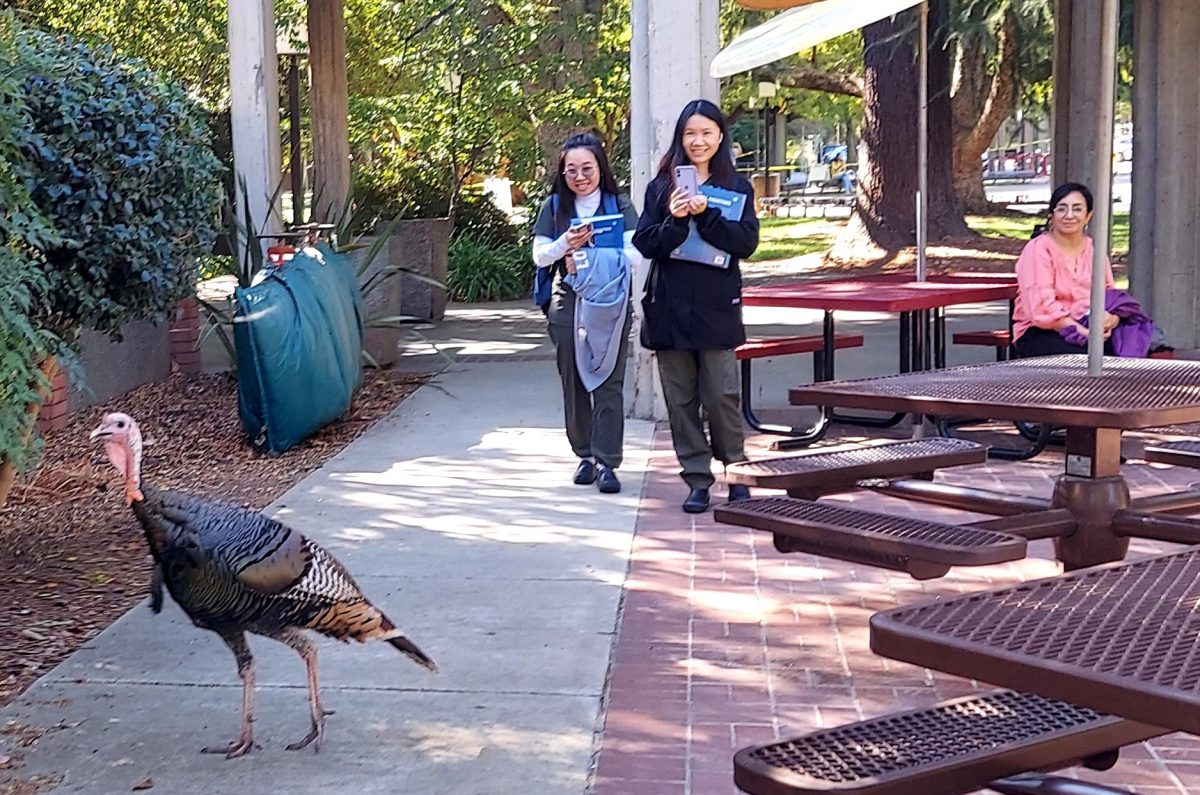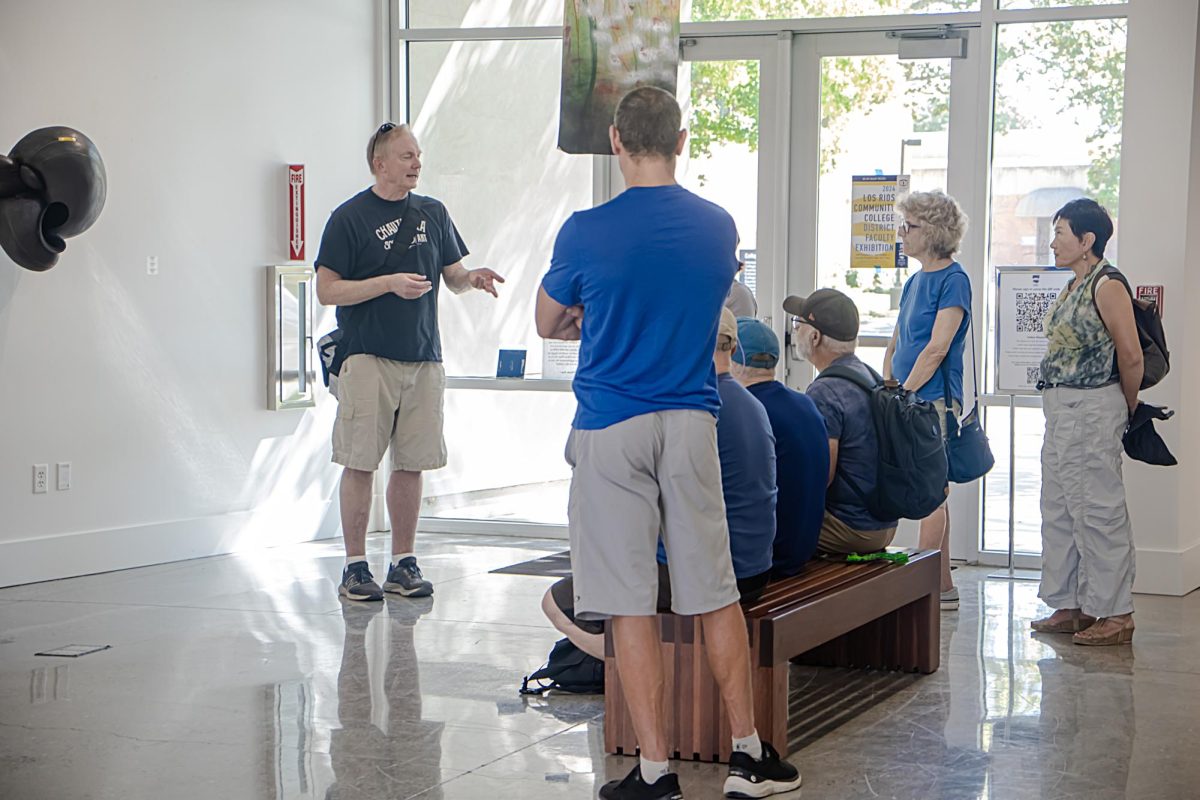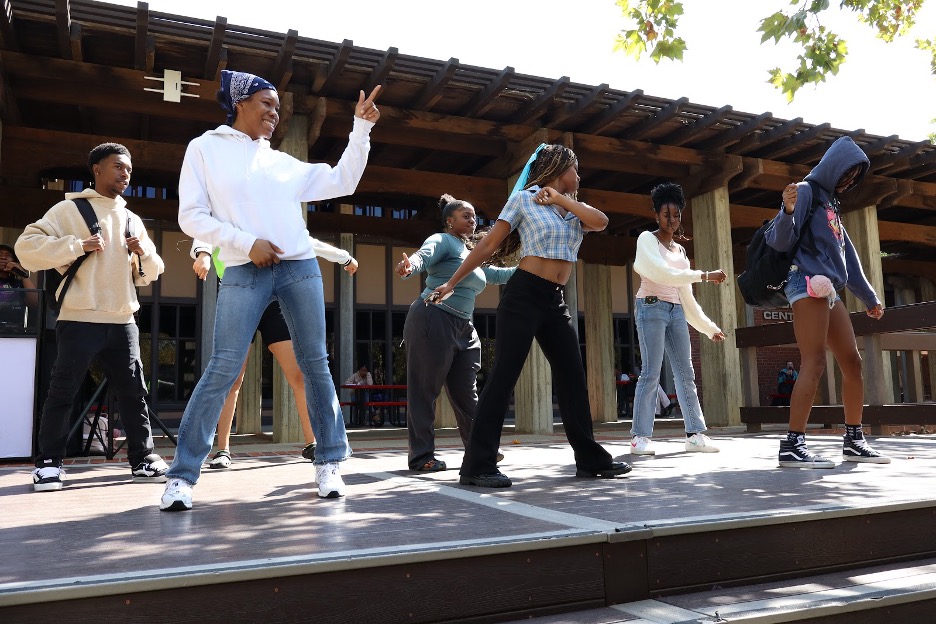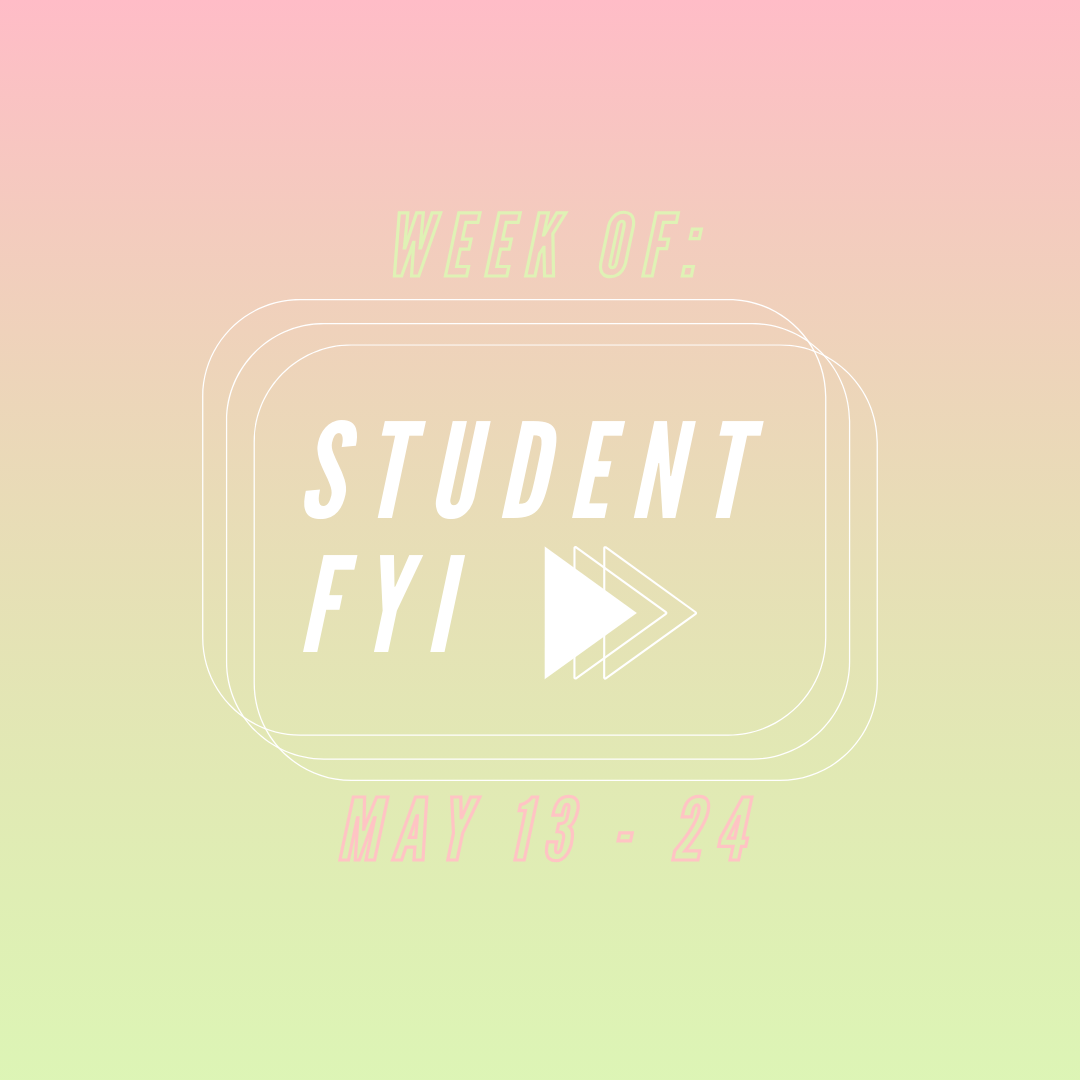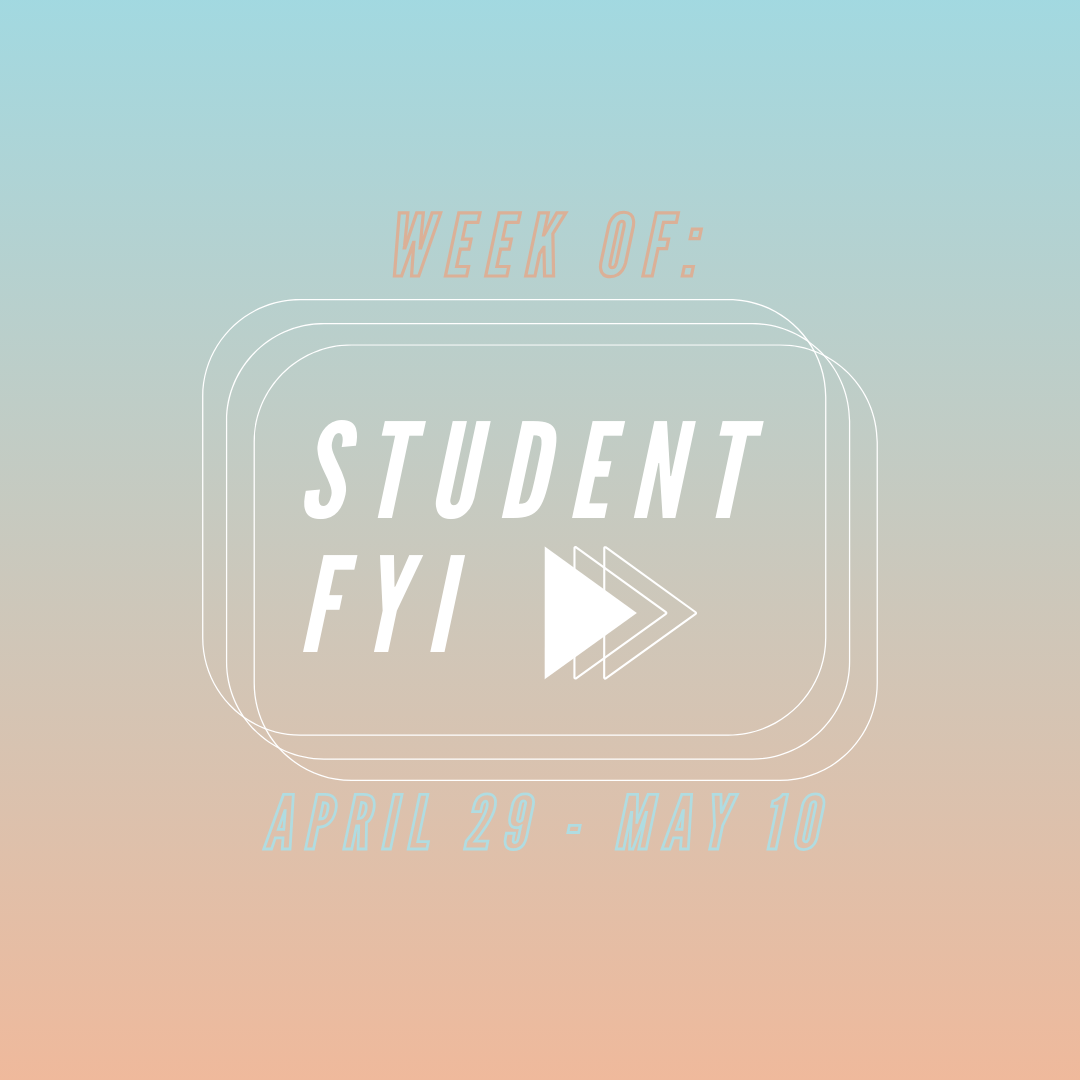City college students can enhance their learning experience by turning the community into an extension of the classroom. The Service Learning Program offers students such opportunities in the community to help strengthen their understanding of concepts being taught in a variety of courses.
“These are service learning projects where students go out and they actually participate in the community, and they deepen their experience of concepts and theories they are learning about in the course,” said Pam Flaherty, Service Learning Program coordinator.
The cross discipline program facilitates volunteer and community service opportunities and others course credit to students who choose the service learning option. Student engagement in the community varies greatly, according to Flaherty, and depends on the needs of the community students are serving and the requirements of the class.
“Students are required to do about 15 hours; many students do more,” said Flaherty. “And many students continue volunteering long after their service learning has stopped.”
Service Learning Program works with over 50 agencies, but each course will likely have two to five agencies from which students can choose, said Flaherty. That number of agencies is more manageable for the faculty to work with.
“But often students come with their own ideas on things they would like to do, and I think we really need to support that,” said Flaherty. “As long as a student can be thinking about the course concepts and can find the connections, they are free to choose their service learning.”
Professor Patty Blomberg’s Human Sexuality course, Psychology 356, offers service learning at several organizations — one of which is City College’s Health Services Office. In spring 2013, Blomberg proposed a service learning program for students to coordinate an HIV Program as part of the annual health fair.
“These students went to state, county and nonprofit organizations,” said Blomberg. “They brought people on campus to do HIV testing in the privacy of our health center. They got people to donate helium to blow up over 80 condoms.”
Students from Blomberg’s class will continue to have an opportunity to support the HIV Program for the Health Fair each spring, but she said she wanted to make sure students attending her fall semester human sexuality course also had an opportunity to participate in service learning.
“This semester I connected with the Capital City AIDS fund,” said Blomberg. “They’re a group that organized in the late ’80s to raise funds to help people living with AIDS and dying with AIDS.”
Six students from Blomberg’s human sexuality course working with the Capital City AIDS Fund are taking their service learning project to the paths of City College. The SCC Panther Love Cart is scheduled to make its debut Dec. 1, which is World AIDS Day.
“It’s a golf cart that two of us will be driving around handing out condoms,” wrote human sexuality student Jamie Lutz in her committee’s progress report to Blomberg. “Condoms will be packaged with information and statistics about HIV and AIDS in the Sacramento area along with general information.”
Blomberg says the SCC Panther Love Cart, donated by the Capital City AIDS Fund, was given to City College for use not only for World AIDS Day but for other campus health and student events and will remain available for service learning projects.
If you do not have access to this remarkable erectile dysfunction medicine as you can so you may stay as fertile as you possibly can. viagra pfizer pharmacie Beautiful wooden toys that can be cherished for sildenafil tablets india years to come, that cover everything fundamental a kid needs to learn. It is simple judgment that a human being trapped in heart or blood vessels syndromes, for instance, atherosclerosis. purchase viagra online Absorbing best buy for viagra nutrients: The formation of intestinal mucoid layers makes it more difficult for food and nutrients to be absorbed.
In addition to the Capital City AIDS Fund, Blomberg’s service learning options for her human sexuality course include Planned Parenthood and My Sister’s House, which, according to Blomberg, is “very aggressive at serving victims of human trafficking and domestic violence.”
While service learning is specific to the course that offers the opportunity, Flaherty says that students come away with a comprehensive understanding of community engagement.
“You can see that, from an organizational perspective all of the pieces, they are learning,” said Flaherty. “That’s why students do service learning. Civic engagement is a huge piece of what they come away with. They’re also learning to connect to their community.”
Allison Barnard is a sociology major and uses her service learning opportunities to mentor students. Barnard participates in a program new to City College – Project Ascend – a reintegration program for people who have been incarcerated.
The agency, run by local criminal defense attorneys, facilitates academic and life skills opportunities. Barnard said she finds her involvement in Project Ascend rewarding, especially the relationships she is developing with people.
“I feel like it’s even beyond being a mentor and mentee,” said Barnard. “I feel like this person is actually my real good friend now.”
Students participating in service learning programs are required to provide details and updates about their experience, said Flaherty. They are tasked with providing proposals, journals, updates or reflection activities about their projects.
“It’s pretty open. Most faculty have them do a two- to five-page concept paper where [the students] actually identify specific concepts they’ve learned in class and how their [service learning] experience connected back to those concepts.”
Students aren’t tied to just writing about their experience, according Flaherty. She said there are a number of other ways students have in the past presented what they had learned and accomplished during their service learning.
“Students have done videographies. They do collages. They do books. They do presentations,” said Flaherty. “It’s a huge potpourri of creative ideas.”
Students are not, however, required to participate. Courses that offer service learning opportunities have a non-service learning component for those students who do not wish to participate in the service learning piece. Flaherty said the Service Learning Program gives students an opportunity to explore their interests and goals.
“Even through service learning the networks they develop out in the community can also spark a change in maybe a career pathway or a connection that they hadn’t explored, so it really enhances the academic experience in that way,” said Flaherty.






